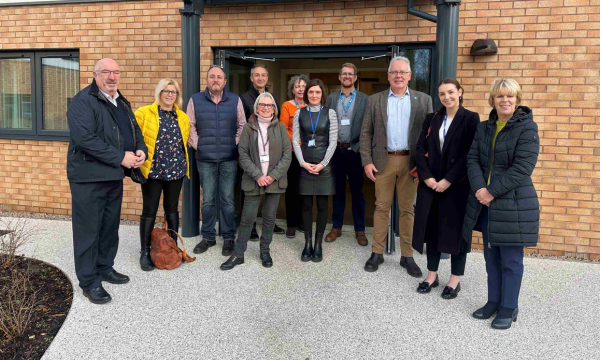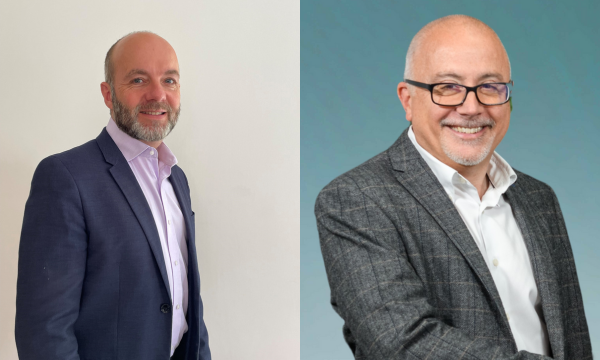BNW speaks to Matthew Prettyjohns about the challenges and rewards of being Principal Researcher at Health Technology Wales

Health Technology Wales is a national body based in Cardiff that works to improve the quality of care in Wales. It collaborates with partners across health, social care and the technology sectors to ensure an all-Wales approach. It is funded by Welsh Government and hosted within NHS Wales, but independent of both.
Why did you decide to work in health technology assessment?
I started working as a health economist because I was keen to make practical use of the economic theory that I had learned at university. Initially, I worked for a health economics consultancy where we would develop models and economic analyses for pharmaceutical companies. I then moved into working on the health economics component of guidelines from the National Institute of Health and Care Excellence (NICE). I found that working more directly in health technology assessment was very rewarding with the opportunity to make a real impact on clinical practice.
Tell us about how you joined Health Technology Wales.
I joined as I was keen to return to working in Wales and saw an opportunity to do more for non-medicine technologies. In general, health technology assessment has tended to focus more on medicines and Health Technology Wales is helping to redress the balance between medicines and non-medicines.
How long have you worked at Health Technology Wales?
Around three years.
Explain your job to us in a sentence.
I assess the cost-effectiveness of health and care technologies to inform decisions on whether they should be adopted in NHS Wales.
What does your average working day look like?
Working with our research team to review, synthesise and appraise the evidence on the clinical and cost-effectiveness of health technologies. As a health economist, the bulk of my workload relates to developing economic models and analyses to figure out whether a technology would provide sufficient value if it was to be adopted in Wales.
In the world of health economics, ‘cost effective' does not simply mean ‘cheaper', as effectiveness matters too.
What’s the best part about working in health technology assessment?
Informing decisions that have a positive impact on health and care for people in Wales. A recent example would be the guidance that Health Technology Wales issued, which recommended the routine adoption of the Strategies for Relatives (START) intervention to improve the mental health of carers of people with dementia.
What are you working on at the moment?
I am currently developing an economic model which aims to estimate the cost-effectiveness of stereotactic ablative radiotherapy (SABR) for people with unresectable renal cancer.
What are your job’s biggest challenges?
Prioritising the topics to be appraised. Health Technology Wales has received over 300 topic suggestions since we launched in 2017. We have to focus our efforts on the technologies that have the most potential to positively impact the health and care of people in Wales.
And what’s the biggest misconception people have about working in health technology assessment?
That health economics is a penny-pinching exercise concerned with cutting costs. Health economics is about maximising benefits rather than minimising costs. In the world of health economics, ‘cost effective' does not simply mean ‘cheaper' as effectiveness matters too.
What advice would you give to people wanting to work in health technology assessment?
Don't forget the importance of being able to explain complex ideas simply and succinctly to people who will not have the same expertise. Our work is primarily used to inform decisions and so it is very important to get key messages across to the people making those decisions. A high-quality, sophisticated analysis would be of little use if it was not understood.
What are the major challenges facing the sector and how does your role factor into tackling them?
Health technology developers face a difficult challenge with many hoops to jump through in order to get their technology implemented into practice. We offer a scientific advice service to help steer companies and developers through this. The aim is to help companies articulate the value that their technology would provide to patients and the health and care system if it was to be adopted and ensure that they have the evidence needed to back up their value claims.
What does the future hold for you and Health Technology Wales?
Health Technology Wales is a very ambitious organisation that has plans to expand and develop in key areas of interest. At present, we are running an open topic call for technologies and models of care and support that offer benefits to those who use social care. This will be followed later in the year with an open topic call focusing on digital solutions for the health and social care sectors in Wales.





















